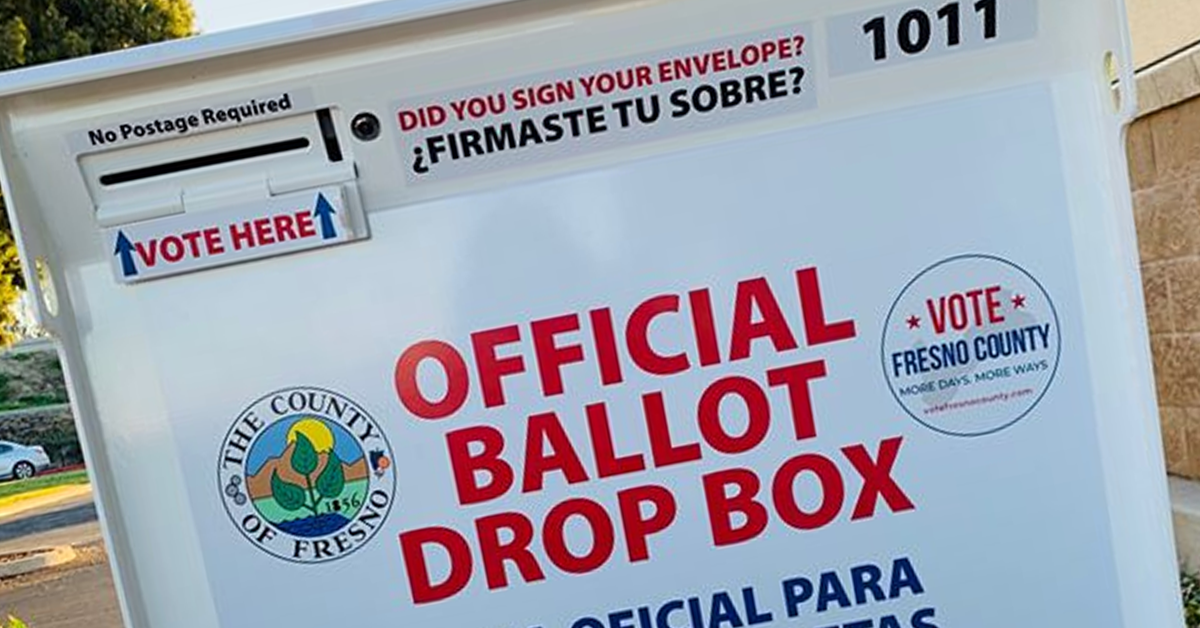
At this rate, it will soon be the rare Fresno family that doesn’t have at least one member who can tell the story about the time he was ordered by the local cops to turn around, place his hands behind his back and remain calm so his wrists could be locked in handcuffs.
The question is whether anyone at City Hall is paying heed to all these memories in the making.
Handcuffs, those storied metal fasteners connected by a short chain, have become such a common part of Fresno’s law-enforcement landscape that no one pays the slightest attention to their use in the line of duty.
Well, no one but those in the ‘cuffs.
I bumped into a Fresnan who claimed to be on the receiving end of this piece of routine police work. The experience drove her to tears.
Maybe she was telling the truth. Maybe she wasn’t. That’s not the point here.
On behalf of CVObserver, I’ve been asking questions about the handcuffing policy at the Fresno Police Department. I asked about the oversight efforts of this policy by City Hall’s police auditor. I asked whether this woman could go to the police auditor if she wanted to complain.
I learned that Fresno police officers on average employ their handcuffs dozens of times every day. It happens so often that the department doesn’t keep count.
I learned that Police Auditor Rick Rasmussen has never received a citizen complaint about handcuffs in his three years on the job. Nor has he ever investigated police policy police on the use of handcuffs.
The prevailing sentiment: Why bother if no one cares?
I learned that it’s impossible for a newcomer walking into City Hall to find the Police Auditor’s Office simply by looking for signage.
And I learned that elsewhere – the United States Supreme Court, for example – law enforcement’s use of restraints such as handcuffs is a big deal. In fact, it’s a Constitutional deal.
That’s because any citizen who finds himself in police handcuffs has had his “person,” his freedom, “seized” by the State. Our Founders considered that seizure such a big deal that they put restrictions on its use in the Bill of Rights.
“Is the use of handcuffs on someone considered force?” Police Chief Jerry Dyer asked. “The answer is anytime an officer places his hands on someone it could be considered force.”
But, Dyer added, “there are different levels of force.”
Said Rasmussen: “I don’t investigate routine police work. I investigate allegations of misconduct.”
Let’s take a look at handcuffing in Fresno.








